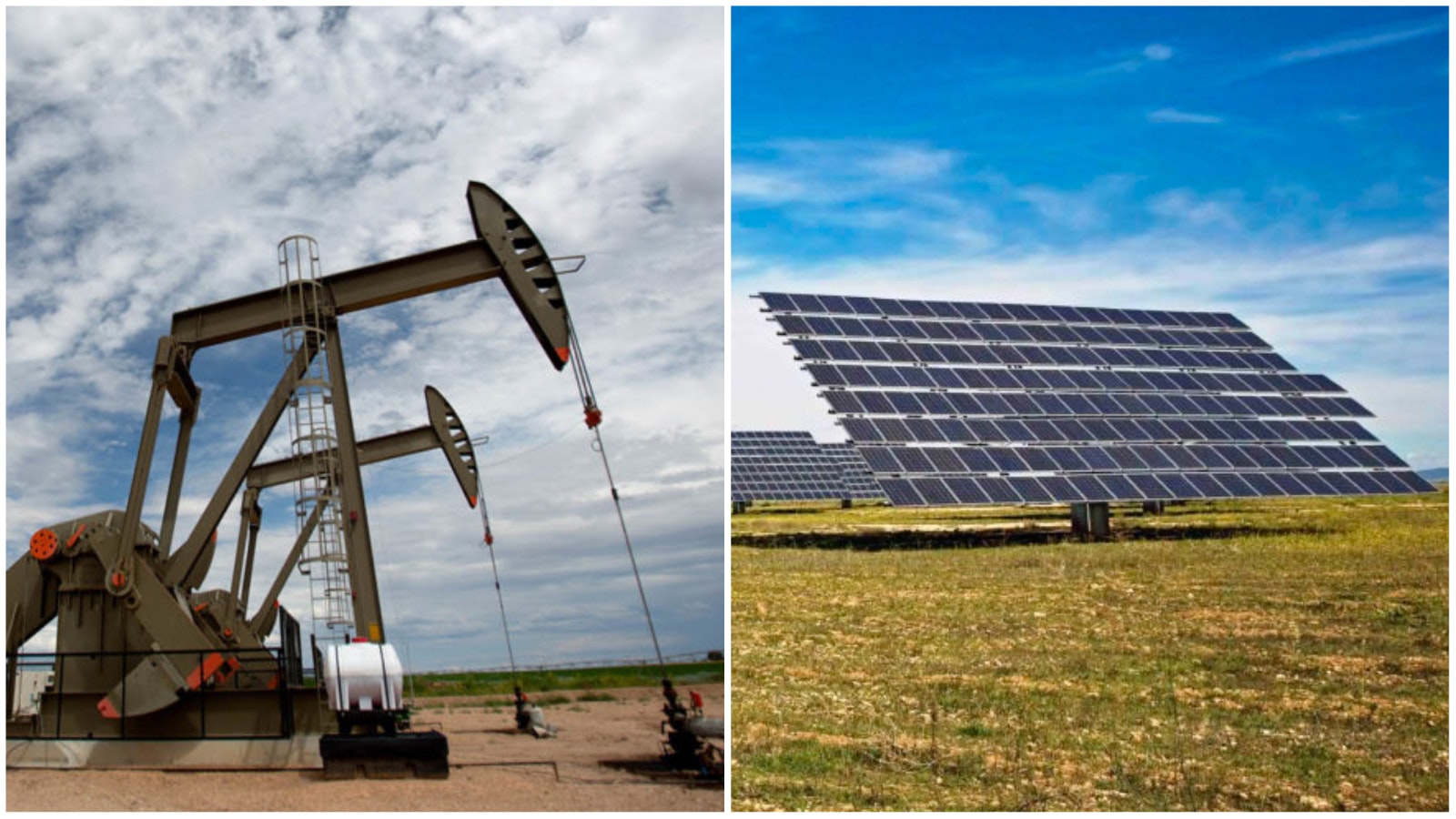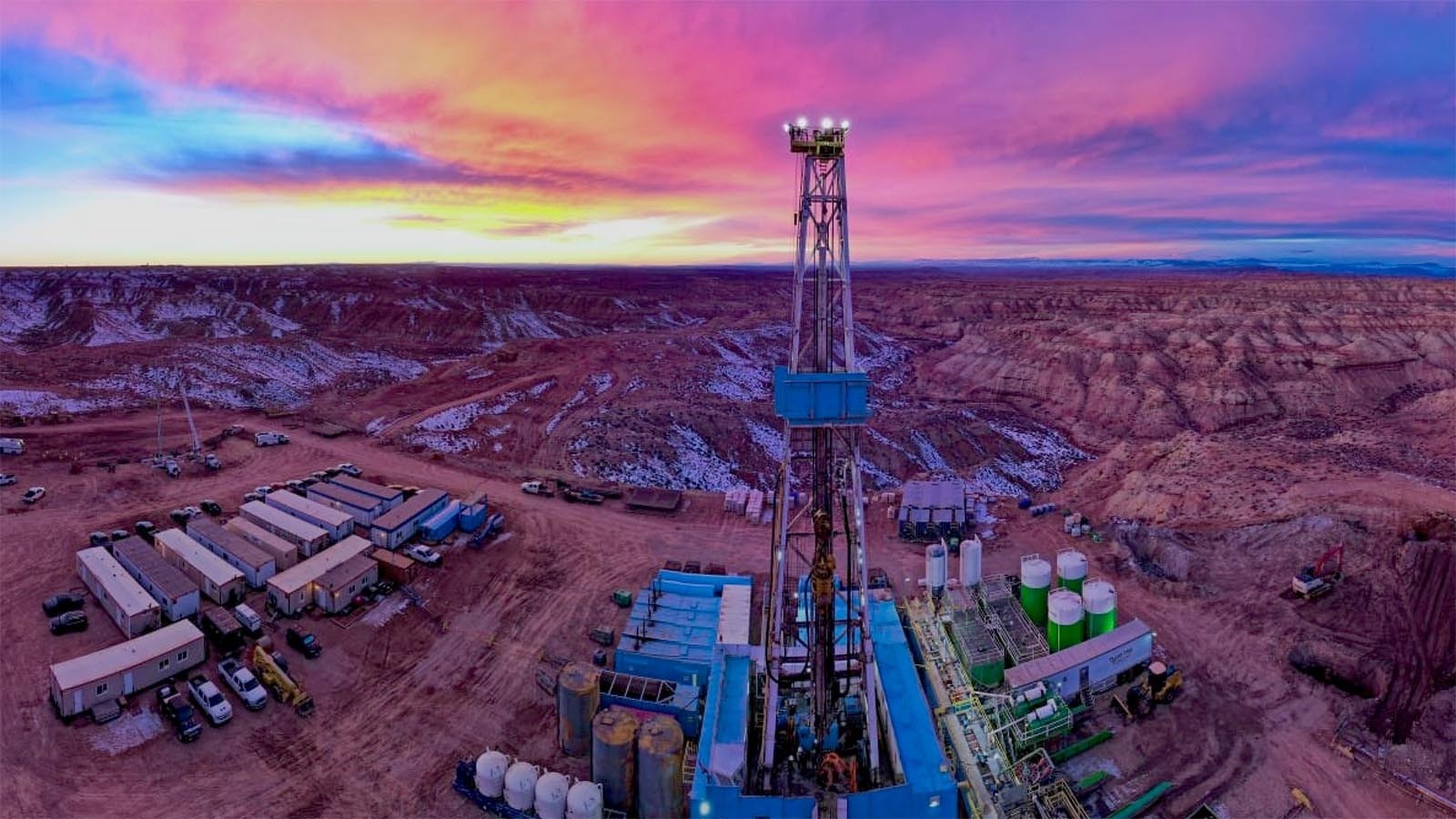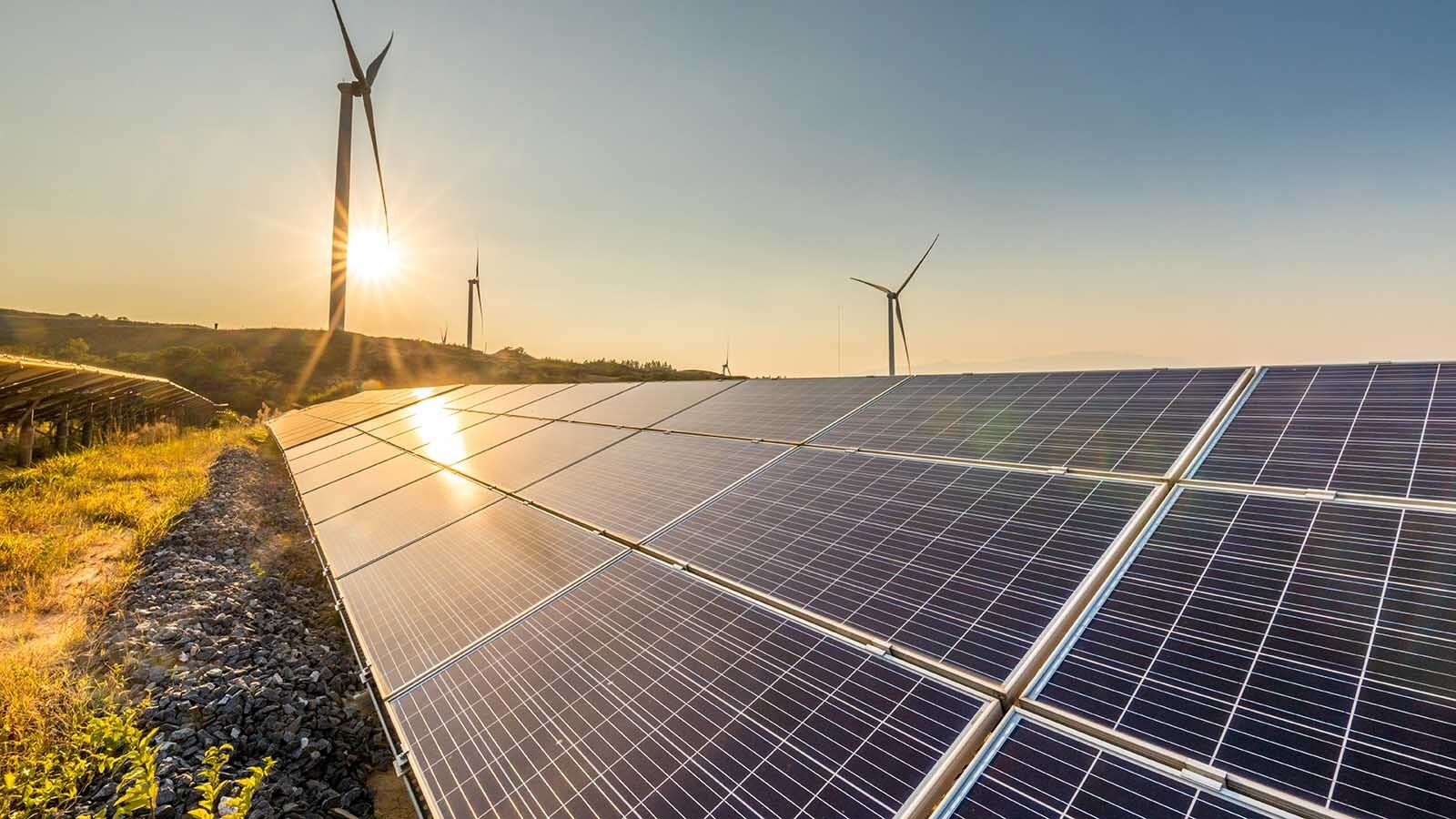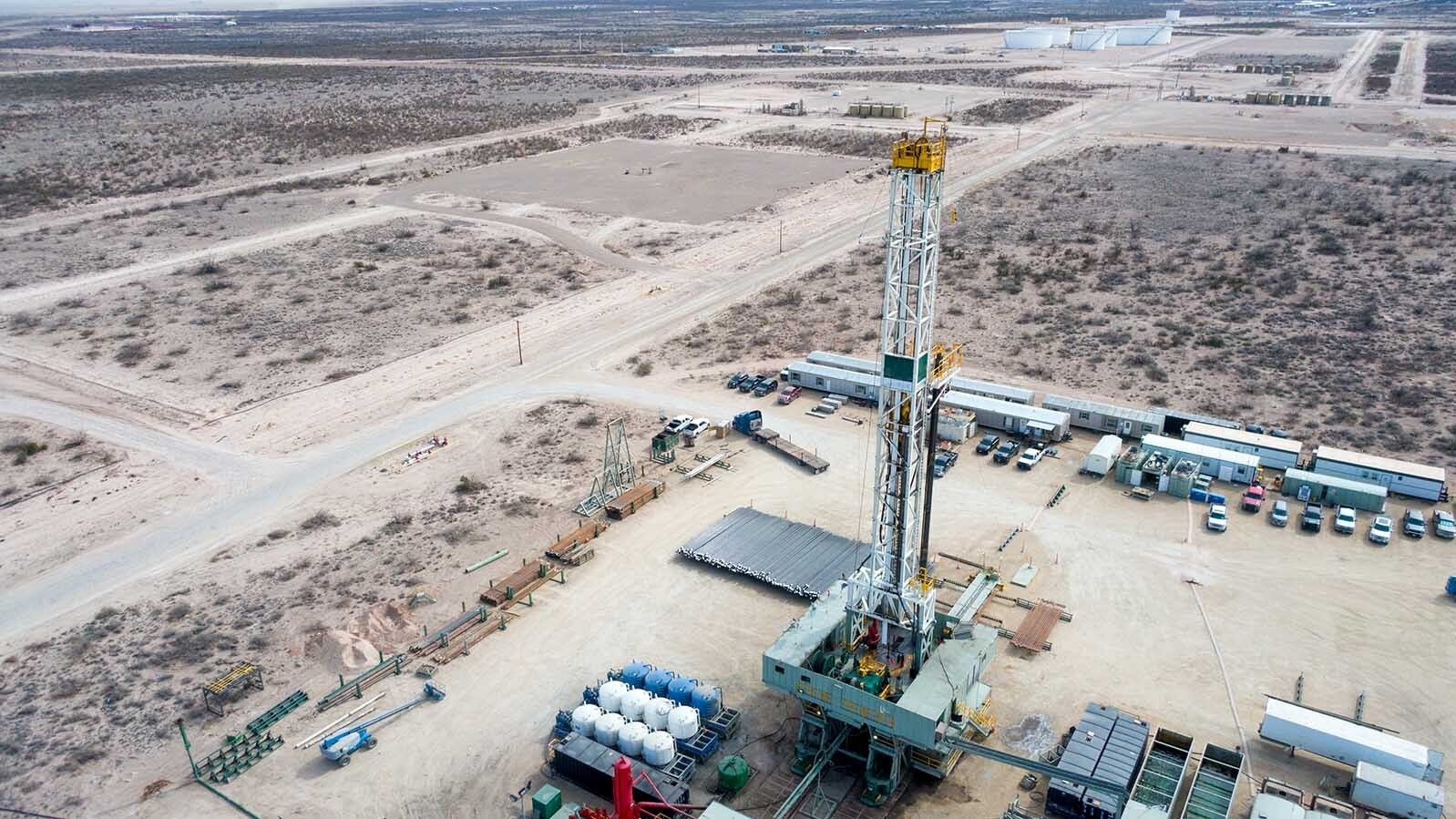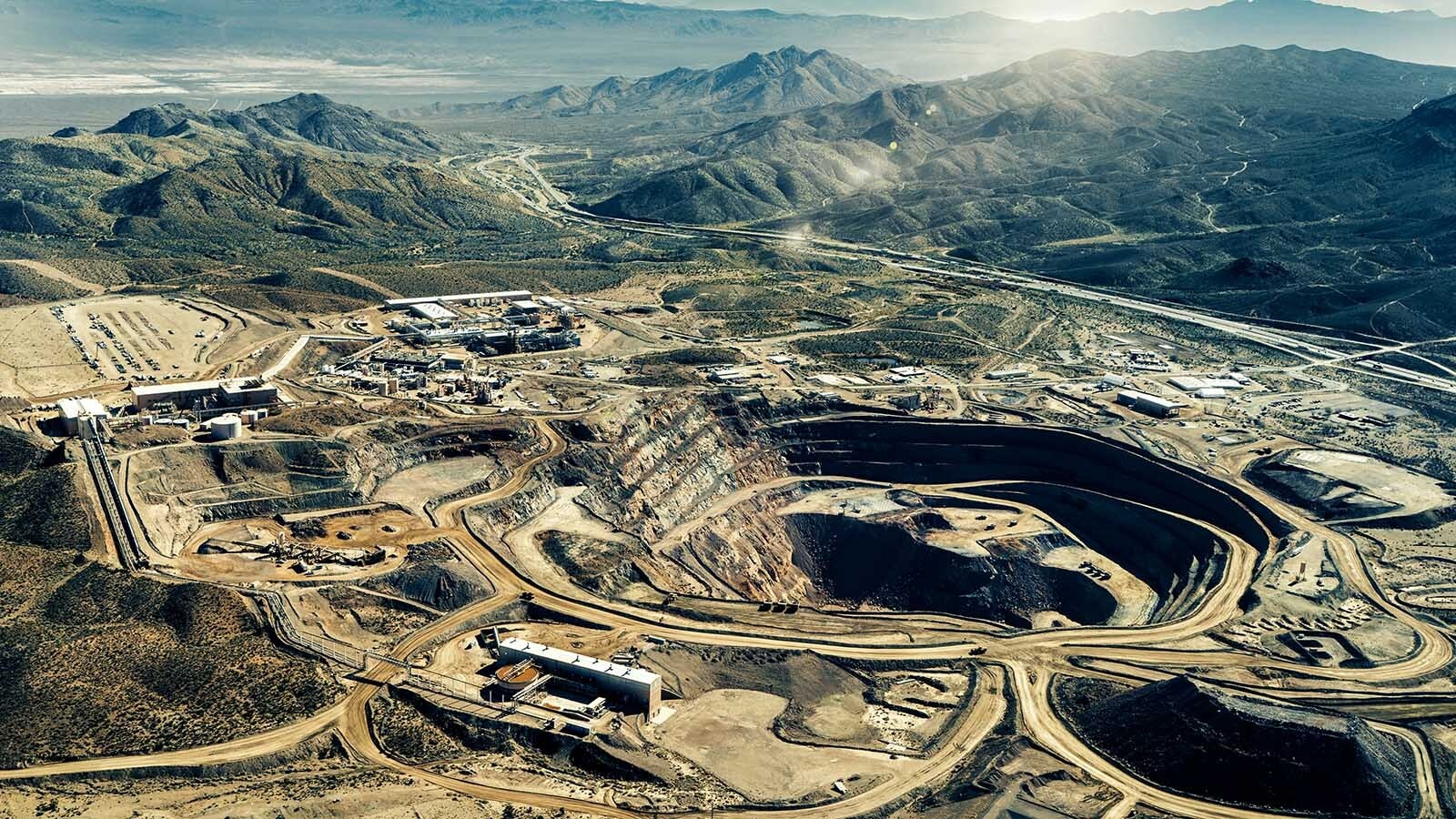While the Biden administration remains committed to halting oil and gas production on federal lands, the U.S. Department of Interior announced this week it would accelerate solar deployment on public lands.
The Bureau of Land Management will update how environmental impact reviews are done for solar projects on federal land, which will help accelerate their approval.
The announcement on the push for expanding solar buildouts of public lands includes the expedited reviews of three proposed solar projects in Arizona that will add 1 gigawatt of intermittent energy to the grid.
Two Lawsuits
The solar announcement comes as the Petroleum Association of Wyoming and the Western Energy Alliance file a lawsuit against the DOI for its failure to hold quarterly lease sales, which the groups claim are required by the federal Mineral Leasing Act. The state of Wyoming has filed its own lawsuit over the same issue.
“The Mineral Leasing Act is clear: The Interior Secretary must hold at least quarterly lease sales in every state where there is interest, as reflected by nominations,” said alliance president Kathleen Sgamma in a statement announcing the legal action.
The Biden administration has held only one set of lease sales in its first two years, and it’s now signaled there will be no sales until the second quarter of 2023. Additionally, the administration has announced several new policies, such as limitations on flaring, that will make it more difficult to lease and produce on public lands.
Inconsistent Goals
The Biden administration has issued the fewest acres for lease sales of any administration since the Harry Truman administration during World War II.
Dan Kish, senior fellow with the Institute of Energy Research, a nonprofit doing research on government regulation and global energy markets, told Cowboy State Daily that the low acreage the administration has leased so far doesn’t reflect how bad the leasing situation is.
In the days of the Truman administration, very little drilling was done offshore. A more accurate comparison would exclude acres of offshore drilling leased by the Biden administration, Kish said.
The Biden administration has argued that restrictions on oil and gas development are necessary to protect the natural environment and reduce emissions that contribute to climate change. While solar energy doesn’t produce carbon dioxide except during the mining and manufacturing processes to create the panels, it has a large environmental impact because of the land it takes up.
To illustrate the inconsistent policy, Kish pointed to a recent episode of the television show “Yellowstone,” where the Montana governor, played by Kevin Costner, spars with a policy advisor who brags that a massive solar project won’t hurt sage grouse.
Costner’s character grills the advisor on how an energy source that requires thousands of acres to be cleared of sagebrush won’t impact a species that lives in it.
Labor And Energy Costs
Kish said that much of the supply chain for solar panels comes from China, which has kept its manufacturing costs low by using slave labor out of the Xinjiang region.
The Biden administration has begun to crack down on imports made with slave labor, and Reuters reports that since June, more than 1,000 shipments of solar energy components were blocked over concerns of violating the rules on forced labor. However, the crackdown on those products will increase the cost of the panels, which will ultimately get passed to electricity consumers.
Kish added that the capacity factor of solar due to its intermittency is low, and the cost of creating a reliable grid from intermittent sources increases the cost of electricity produced from those sources. He compared it to an employee who works for a lower salary but randomly leaves throughout the day and isn’t available at night.
“There’s an added cost of running a business for somebody who just decides to show up a quarter of the time,” Kish said.
He said this is why states like California with a lot of wind and solar on the grid aren’t seeing any drop in energy prices — it’s just the opposite. They pay the highest rates in the country.
All Of The Above
In Wyoming, most oil and gas production takes place on federal land, which makes the state’s industry beholden to lease sales for future production.
For the Petroleum Association of Wyoming, the expansion of solar while refusing to hold lease sales is a slap in the face. Ryan McConnaughey, spokesperson for the association, told Cowboy State Daily the policy also is not going to meet the growing demand for energy.
“It’s important to realize that to meet our growing energy needs we’re going to need all forms of energy, both fossil fuels and renewables,” he said. “Our belief is that the administration should be allowing oil and gas to flourish, just like they should be allowing different forms of renewables to flourish as well.”
Narrower Suit
Last September, U.S. District Judge Scott Skavdahl of Wyoming rejected similar challenges in a lawsuit filed by the state, the association and the alliance. Shortly after taking office, Biden issued a moratorium on lease sales with the goal of reviewing potential environmental impacts from the sales.
The three plaintiffs sued, arguing that the federal government was legally required to hold quarterly lease sales, arguments Skavdahl rejected.
McConnaughey said the most recent suit is much more broad and will challenge the DOI’s general failure to hold the required quarterly lease sales.
“One lease sale a year does not cut it, and unfortunately court intervention appears to be the only recourse in forcing the Biden administration to respect rule of law,” said Pete Obermueller, president of the Petroleum Association of Wyoming, in the statement announcing the lawsuit.

